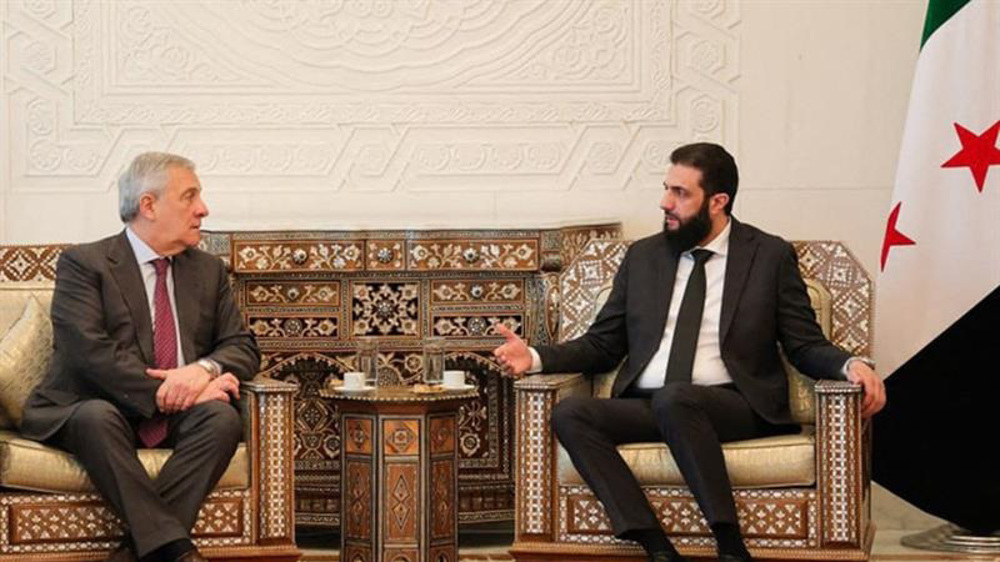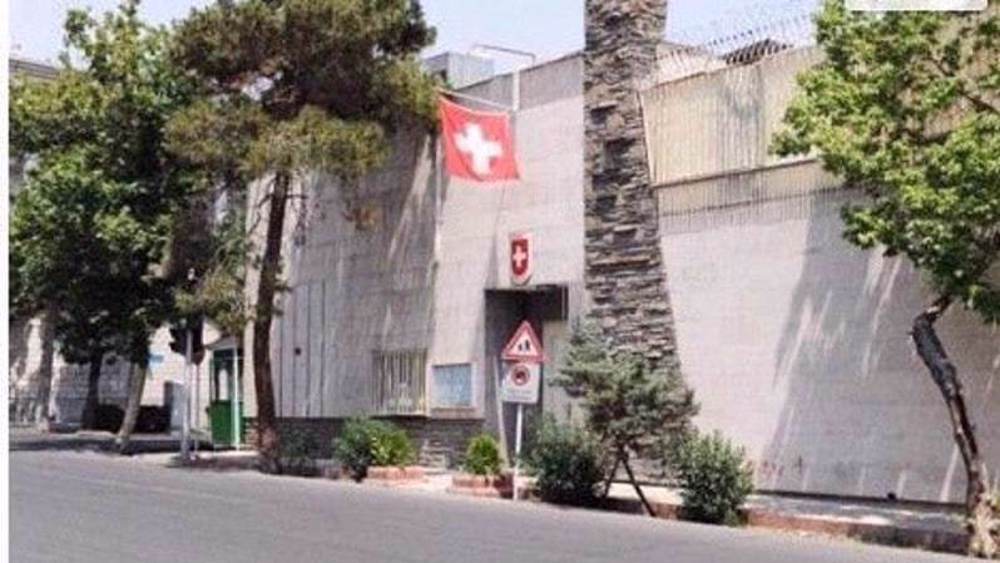Greece, creditors agree on bailout talks
Debt-stricken Greece and its troika of international lenders have agreed to discuss Athens’ call for renegotiating the conditions under which the country can be bailed out.
Greek Prime Minister Alexis Tsipras and Eurogroup President and Dutch Finance Minister Jeroen Dijsselbloem agreed on a meeting to be held between Greek officials and representatives of the country’s creditors on Friday.
“(We) agreed today to ask the institutions to engage with the Greek authorities to start work on a technical assessment of the common ground between the current program and the Greek government’s plans,” Dijsselbloem said in reference to the bailout program for Greece and Athen’s demands.
Simone Boitelle, a spokesperson for Dijsselbloem, said the talks will be held to see if there exists any common ground between the troika and the new government in Greece over the debt program.

The agreement to hold the talks is considered a breakthrough for Greek Prime Minister Alexis Tsipras as he had aimed to renegotiate the terms of the bailout deal for Greece despite initial opposition from the international lenders - namely the European Commission, the European Central Bank (ECB) and the International Monetary Fund (IMF) - to reconsider the terms of the deal.
Upon arrival for his first appearance at a European Union (EU) summit, Tsipras had expressed hope that “together we can find a mutually viable solution in order to heal the wounds of austerity, to tackle the humanitarian crisis across the EU and bring Europe back to the road of growth and social cohesion.”
Greece’s alternative debt plan
According to Greek Finance Minister Yanis Varoufakis, Tsipras wants Greece’s current bailout deal to be replaced by a new “bridging program.”
The government seeks to stick to only 70 percent of the bailout obligations demanded by the troika, and overhaul the remaining 30 percent, replacing them with a reform plan. Athens also demands a bridging loan until September.
Varoufakis had laid out the proposal while negotiating with his counterparts in Brussels on Wednesday; however, no agreement was sealed after intense six-hour talks.
Hope amid concerns
The arrangement of the Friday meeting came less than a day after eurozone finance ministers failed to reach an agreement on Greece’s proposal.
Athens is reluctant to extend the bailout program, which expires on February 28.
A group of eurozone countries, led by Germany, insists that discussions can only proceed if the current bailout program is extended.
At the Thursday EU summit, however, both sides seemed to make compromising moves toward resolving the issue.
Germany favoring compromise
Germany, the main European contributor to Greece’s rescue loans, plays an important role in the bailout negotiations.

Voicing readiness for potential compromise on Greece’s bailout program, German Chancellor Angela Merkel said in Brussels, “Europe always has been geared towards finding compromises... Germany is ready for that.”
Merkel said eurozone finance ministers will have a few more days to mull over Greece’s proposal before their meeting on Monday, February 16.
“However,” Merkel added, “it must also be said that Europe’s credibility naturally depends on us respecting rules and being reliable with each other.”
Tsipras also seemed to take a conciliatory tone, saying, “We will need to find a solution that respects the positions of all parties, so this agreement will have to be based on the core values of Europe, democracy and the vote of the people, but also on the necessity to respect the European rules.”
Greece’s fiscal turmoil

Over the past days, Greece’s new leaders, whose leftist Syriza party stormed to victory in January elections, have toured Europe to garner support for a reconsideration of the terms of the country’s €240-billion (USD 270-billion) bailout, which it received in 2010 in return for imposing harsh austerity measures.
The measures have forced people to endure multiple tax increases, along with cuts in pensions and salaries.
MIS/HJL
Iran’s petchem exports to hit $13bn in year to March: NPC chief
Iran, E3 diplomats meet in Geneva to discuss removal of sanctions
VIDEO | Press TV's News Headlines
Israeli captives’ families scold Smotrich for opposing Gaza deal
ICJ judge Salam secures enough votes to become Lebanon’s prime minister
VIDEO | Tens of thousands demonstrate in nationwide strike in Belgium
VIDEO | Business as usual
In Hollywoodified US, Batman is a hero and real-life heroes in Gaza are villains










 This makes it easy to access the Press TV website
This makes it easy to access the Press TV website